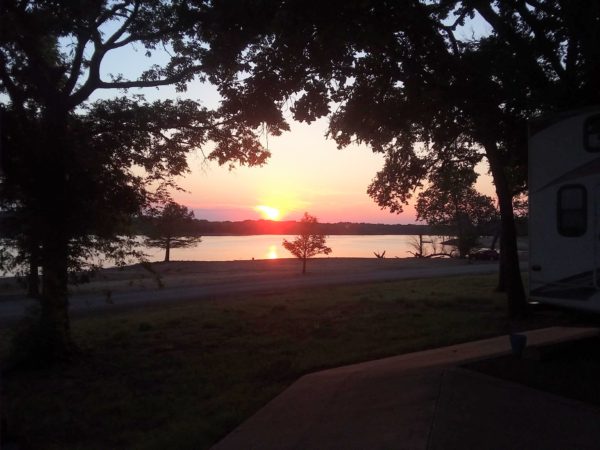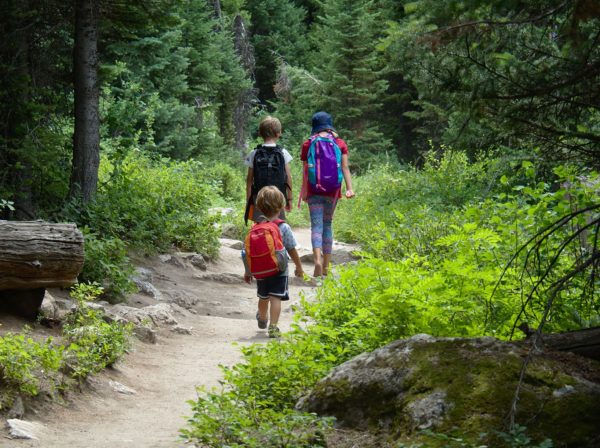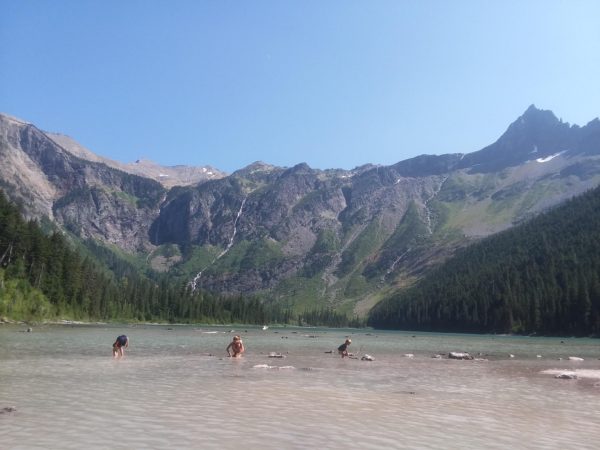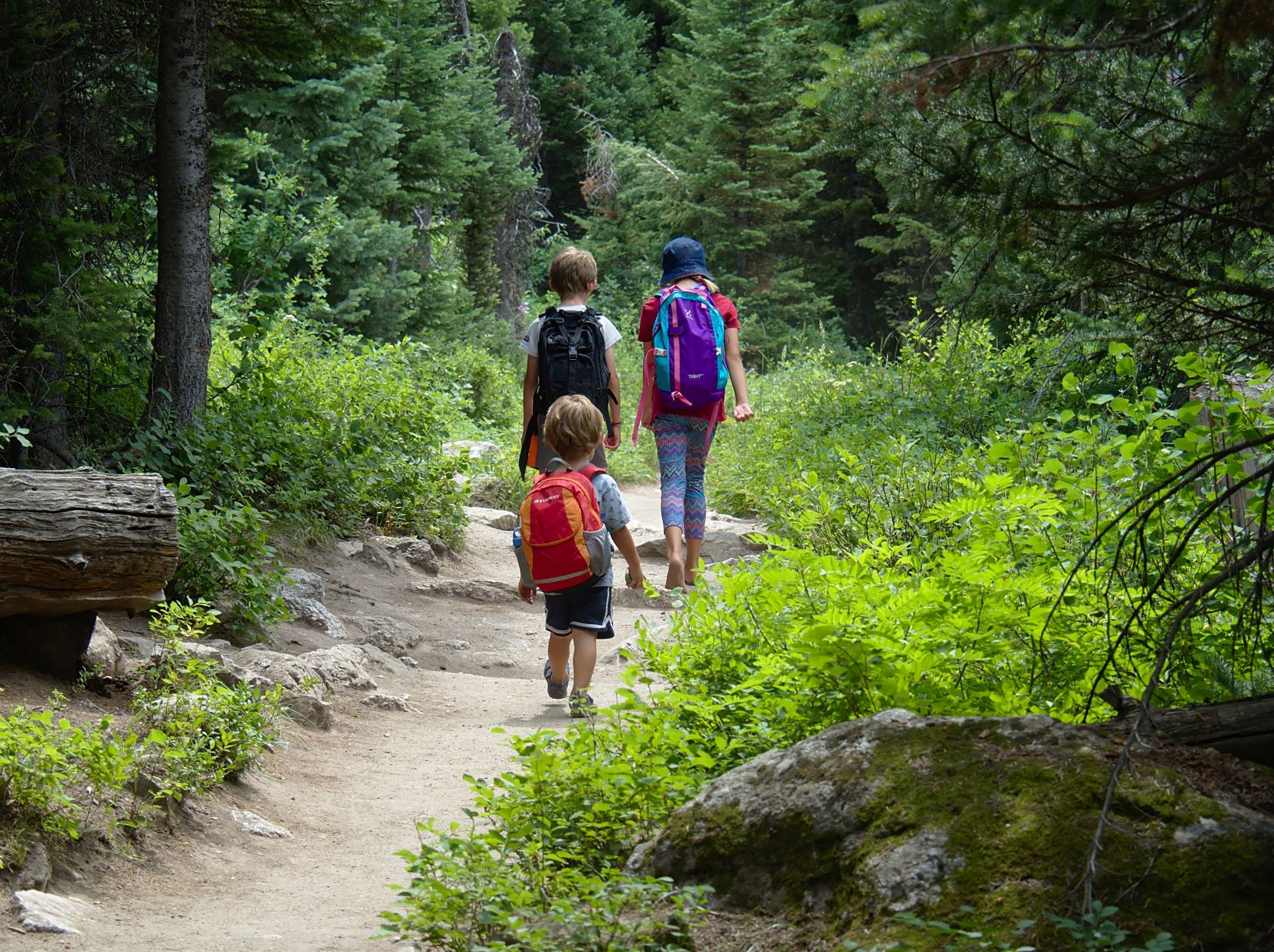Romans 1:20
“For since the creation of the world God’s invisible qualities—his eternal power and divine nature—have been clearly seen, being understood from what has been made, so that people are without excuse.”
What is it that draws us to beautiful places? What is it about those places that we all seem to agree that they’re beautiful in the first place?
Think about it: In general, standards of beauty for most things vary in different cultures and time periods. Think about art, music, architecture, and fashion. Two people can look at the same painting and have completely different feelings about its beauty. In the 1800’s, European women carried parasols to keep their skin as pale and white as possible, while today many people pay money to lay in a machine that will make them as tan as possible. Beauty is in the eye of the beholder, as they say.
Yet I don’t know of a culture or a time period in which people didn’t find beauty in a sunset. Mountains, forests, beaches, and wildflowers seem to hold universal appeal. More than that, they elicit an emotional response on par with the world’s most magnificent works of art. Because that is exactly what they are.
This week we are camped beside a lake. There is nothing between us and the lakeshore except a patch of grass and a small campground road. The lake is to our west, so everything is perfectly situated for brilliant sunsets over the water. This place has been soothing my soul, even in the midst of other stresses and worries, and calls to mind this verse from Romans.

God’s invisible qualities, or attributes in another version, are revealed to us in the things that he has made. The thing that calls to us universally about nature is God’s actual nature. We are created for relationship with him and so these things that show us more of who he is touch us on a deep level.
For a long time, I focused on the “power” part of this verse. The fact that any of it exists is evidence of his immense power to simply speak it into being. When I gaze upon a majestic mountain skyline, I think about how much greater God must be to have shaped such grandeur. When I look at the stars, I echo the words of the psalmist:
When I consider your heavens, the work of your fingers, the moon and the stars, which you have set in place, what is man that you are mindful of him, the son of man that you care for him? (Psalm 8:3-4)
None of this is wrong. Connecting with even the smallest measure of God’s power is still hard to grasp and even harder to put into words, but most of us have experienced it so I won’t attempt to try.
No, it wasn’t wrong to focus on God’s power in creation, but what I was missing were so many other aspects of his “divine nature” that call to me from within his created nature. The peace I feel beside the gently lapping water of the lake – that’s God’s peaceful nature. The sense of excitement and adventure that beckon me to follow the trail deeper into the forest – that’s God’s adventurous and daring nature. The music of birdsong that greets the sunrise – that’s God’s joyful and expectant nature. The way the air smells after a summer rain – that’s God’s redemptive nature.
This is not the same thing as believing that nature itself is a god or that God’s Spirit lives in everything he created. We do not worship nature or any part of the creation, and I want to be crystal clear about that. And Scripture is clear that human beings are unique among everything God created in bearing his image and receiving his Spirit.
Nevertheless, God chooses to reveal aspects of his nature in the things he has made, which gives everyone on Earth a chance to experience his presence. Today, I plan to meet God in the warm, inviting waters of this lake. Where can you seek his nature in nature today?
Moment of Beauty
Here are some personal pictures of beautiful nature, and I hope they inspire you to find a little piece of natural beauty where you are today – even if it’s as simple as a dandelion, raindrops in a puddle, or the moon this evening.



Be First to Comment